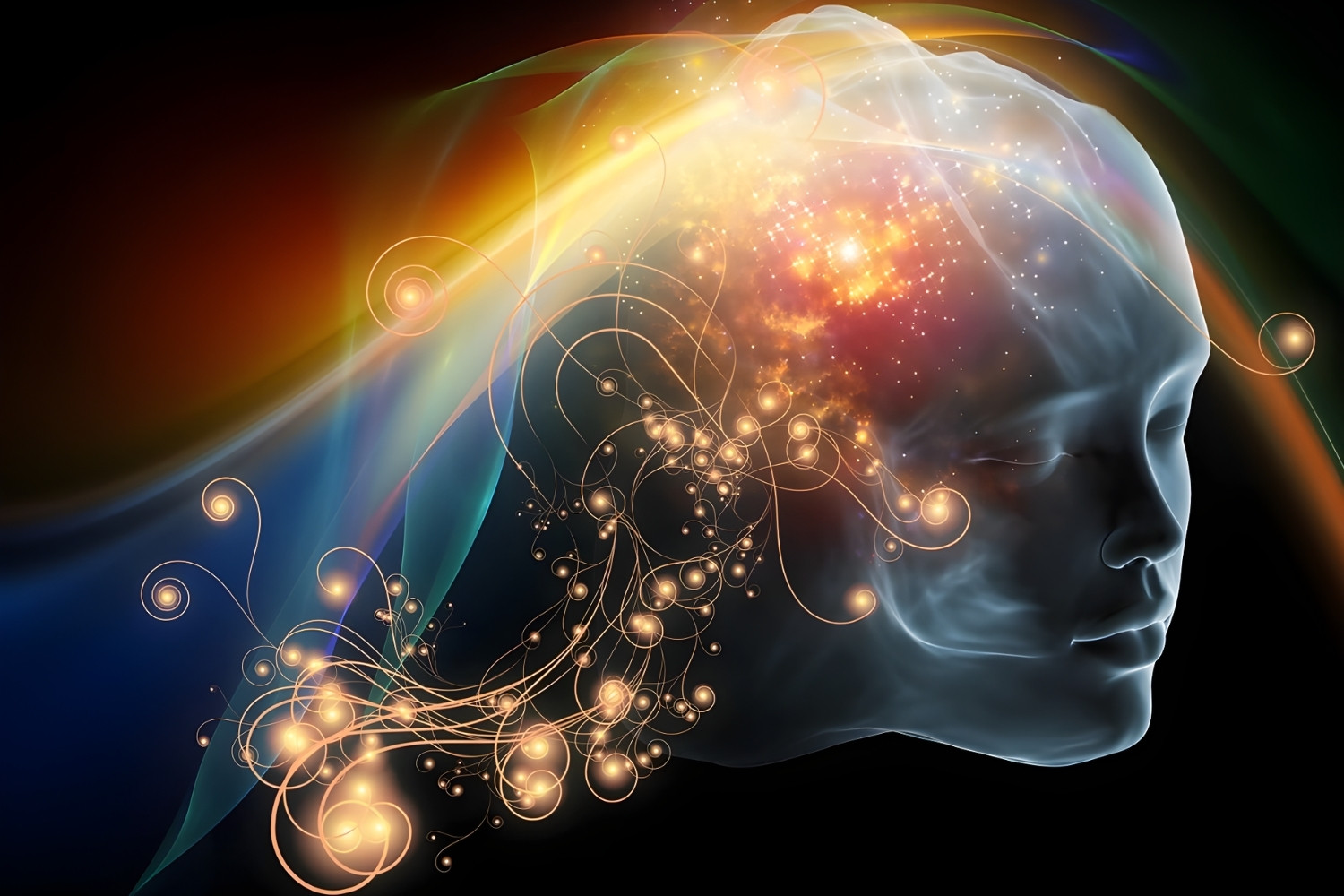
What is the hard problem of consciousness? The hard problem of consciousness refers to the challenge of explaining why and how we have subjective experiences. While scientists can describe brain functions and neural activities, understanding why these processes result in personal, internal experiences remains elusive. This problem, coined by philosopher David Chalmers, questions why certain physical processes in the brain give rise to feelings, thoughts, and awareness. Unlike the "easy" problems of consciousness, which deal with understanding brain mechanisms, the hard problem delves into the nature of experience itself. Why does seeing the color red feel a certain way? Why does pain hurt? These questions highlight the profound mystery at the heart of consciousness studies.
What is the Hard Problem of Consciousness?
The hard problem of consciousness is a term coined by philosopher David Chalmers. It refers to the difficulty of explaining why and how we have subjective experiences, or why we have a sense of "what it is like" to be something. This problem stands in contrast to "easy" problems, which involve explaining cognitive functions and behaviors.
- The hard problem of consciousness was introduced by David Chalmers in 1995.
- It questions why physical processes in the brain give rise to the experience of being aware.
- Unlike other scientific problems, it delves into the nature of subjective experience.
- The term "qualia" is often used to describe these subjective experiences.
- Chalmers argues that even a complete understanding of the brain's functions won't explain consciousness.
Historical Background
Understanding the roots of this problem can help grasp its complexity. Philosophers and scientists have pondered the nature of consciousness for centuries.
- René Descartes, a 17th-century philosopher, famously said, "I think, therefore I am," highlighting the importance of consciousness.
- Ancient Greek philosophers like Plato and Aristotle also explored the nature of the mind and soul.
- In the 19th century, William James, an American philosopher, and psychologist, studied consciousness extensively.
- The term "consciousness" itself has evolved over time, originally meaning "knowing together" in Latin.
- The hard problem of consciousness gained significant attention in the late 20th century.
Scientific Perspectives
Scientists approach the hard problem of consciousness from various angles, including neuroscience, psychology, and artificial intelligence.
- Neuroscientists study brain activity to understand how it correlates with conscious experience.
- Functional Magnetic Resonance Imaging (fMRI) is a tool used to observe brain activity in real-time.
- Some researchers believe that consciousness arises from complex neural networks.
- Others argue that quantum mechanics might play a role in consciousness.
- The Global Workspace Theory suggests that consciousness involves the integration of information across different brain regions.
Philosophical Theories
Philosophers have proposed numerous theories to tackle the hard problem of consciousness. These theories often challenge our understanding of reality.
- Dualism posits that mind and body are separate entities.
- Physicalism argues that everything about consciousness can be explained by physical processes.
- Panpsychism suggests that consciousness is a fundamental aspect of all matter.
- Idealism claims that reality is fundamentally mental or spiritual.
- The "zombie" thought experiment questions whether beings without consciousness could behave identically to conscious beings.
Modern Debates
The hard problem of consciousness continues to spark debates among scholars. These discussions often involve ethical, scientific, and philosophical considerations.
- Some argue that artificial intelligence could one day achieve consciousness.
- Others believe that consciousness is unique to biological organisms.
- The "Chinese Room" argument challenges the notion that computers can truly understand or be conscious.
- Ethical questions arise about the treatment of potentially conscious machines.
- The debate also touches on the nature of free will and personal identity.
Practical Implications
Understanding consciousness has practical implications for medicine, technology, and society. These implications can affect how we treat mental health, develop AI, and understand human behavior.
- Advances in neuroscience could lead to better treatments for mental health disorders.
- Understanding consciousness might improve pain management techniques.
- Ethical considerations in AI development could shape future technologies.
- Insights into consciousness could influence legal definitions of personhood.
- The study of consciousness can impact educational methods and learning strategies.
Future Directions
The quest to solve the hard problem of consciousness is ongoing. Future research may bring new insights and technologies that could revolutionize our understanding of the mind.
- Interdisciplinary research combining neuroscience, philosophy, and AI is on the rise.
- New technologies like brain-computer interfaces could offer deeper insights into consciousness.
- The hard problem of consciousness remains one of the most profound questions in science and philosophy.
The Enigma Continues
The hard problem of consciousness remains one of science's greatest mysteries. Despite advances in neuroscience and philosophy, understanding how subjective experiences arise from physical processes still baffles experts. This puzzle challenges our grasp of reality and self-awareness.
While some theories suggest quantum mechanics or emergent properties, none have provided a definitive answer. This ongoing quest fuels debates and inspires new research. As we explore deeper, we might inch closer to unraveling this profound enigma.
For now, the hard problem of consciousness stands as a testament to the complexity of the human mind. It reminds us of the vast unknowns that still await discovery. Whether through scientific breakthroughs or philosophical insights, the journey to understand consciousness continues, promising to reshape our understanding of existence itself.
Was this page helpful?
Our commitment to delivering trustworthy and engaging content is at the heart of what we do. Each fact on our site is contributed by real users like you, bringing a wealth of diverse insights and information. To ensure the highest standards of accuracy and reliability, our dedicated editors meticulously review each submission. This process guarantees that the facts we share are not only fascinating but also credible. Trust in our commitment to quality and authenticity as you explore and learn with us.
